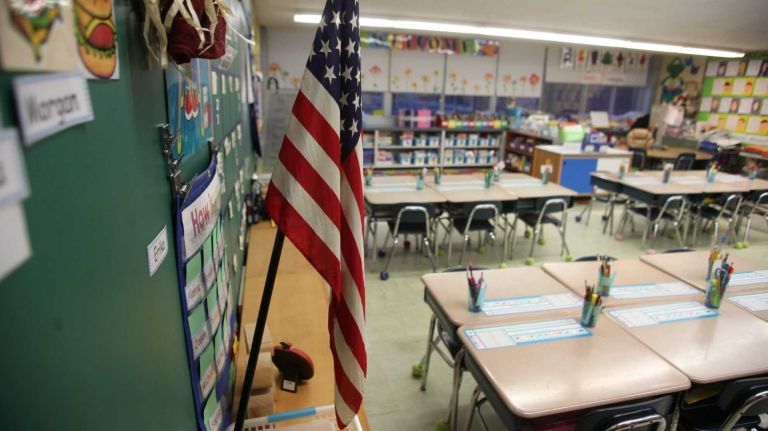
NYC’s efforts to expand translation services within the public schools are critical — and long overdue.
If they work — if non-English-speaking parents can finally talk with their children’s teachers, gain access to key documents and meetings, and become more involved in the school system — it’ll be a dynamic win.
The public school system is plenty complicated even for many English speakers. Imagine trying to navigate it without understanding the fliers and letters that come home, without being able to communicate with a teacher or principal, without being able to participate in meetings.
It took the NYC Department of Education far too long to prioritize translation and interpretation. Such services were often not available when families needed them. And unnecessary errors were made, such as when the DOE last year provided translated Gifted & Talented handbooks with the wrong answers to practice questions.
So, the DOE is now adding nine new employees to help schools and share best practices. It will provide by-phone translation through a contractor, in 200 languages, so teachers and staff can call or speak in person with families — even after business hours. And officials will expand template offerings, and meeting and document translation.
The question is how it’ll all work in practice. The DOE must make sure documents are translated expeditiously and accurately. Phone interpretation must be available when parents and teachers need it. Perhaps most important, all public school parents must be made aware that the resources are available.
There’s more to do. The DOE must focus on schools that aren’t addressing parents’ language needs, and work to fix those trouble spots. Officials should consider adding translation services where possible, including for key schoolwide meetings. Interpretation equipment should be available to be shared among schools. The DOE should aidparent-teacher associations to reach non-English speaking members. Ultimately, officials must communicate with families to ensure the efforts work, and to improve and expand upon them.





























